
Recommendation
As the world economy changes, so too must the tools used to measure it. GDP is a telling example, capturing economic growth and employment but not the quality of human life or of the environment. Economists and public policy experts Natalie Pierce, Peter Vanham, Diane Coyle and Girol Karacaoglu look at the big picture in this instructive episode of the World Economic Forum’s Stakeholder Capitalism podcast. Their enlightening discussion showcases how some countries are tackling the messy problem of economic measurement.
Summary
About the Podcast
The World Economic Forum’s Natalie Pierce and Peter Vanham cohost the Stakeholder Capitalism podcast. Diane Coyle is a professor of public policy at Cambridge University. Girol Karacaoglu is head of the School of Government at Victoria University in New Zealand.









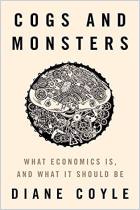
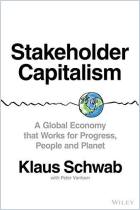

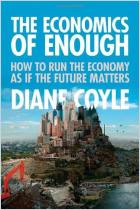

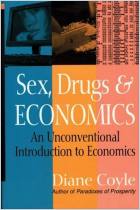
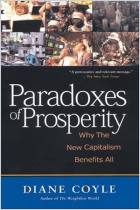

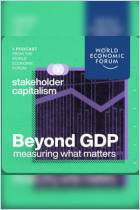
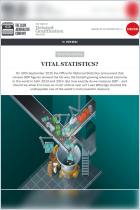
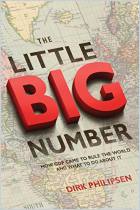

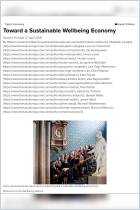
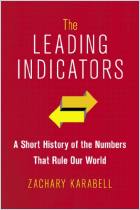


Comment on this summary or 开始讨论